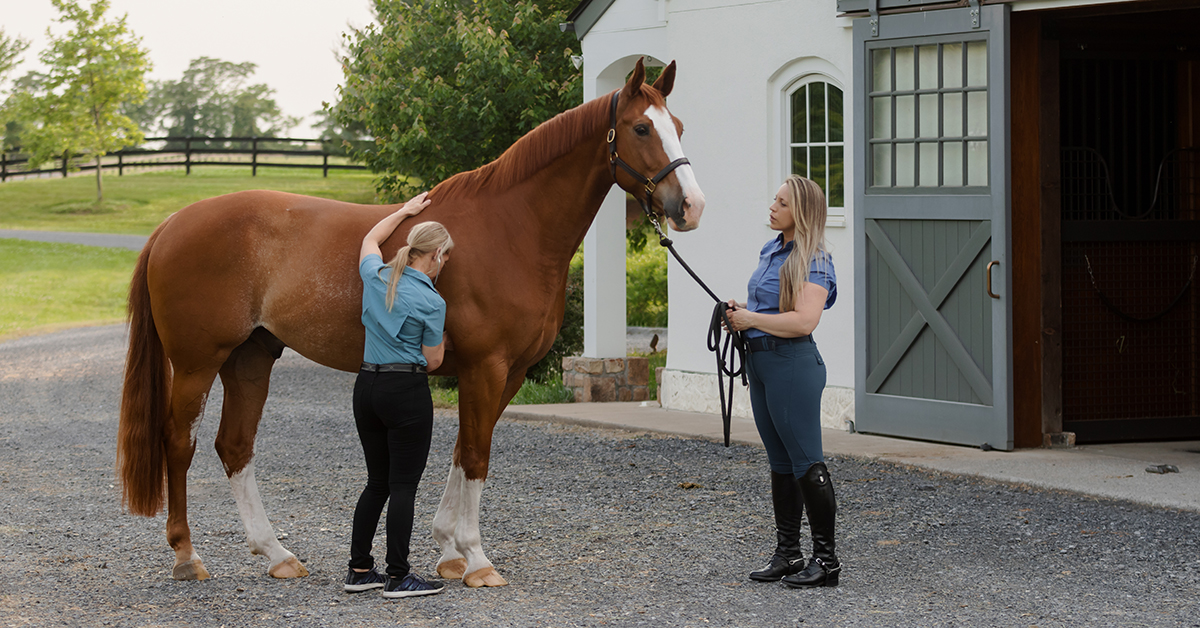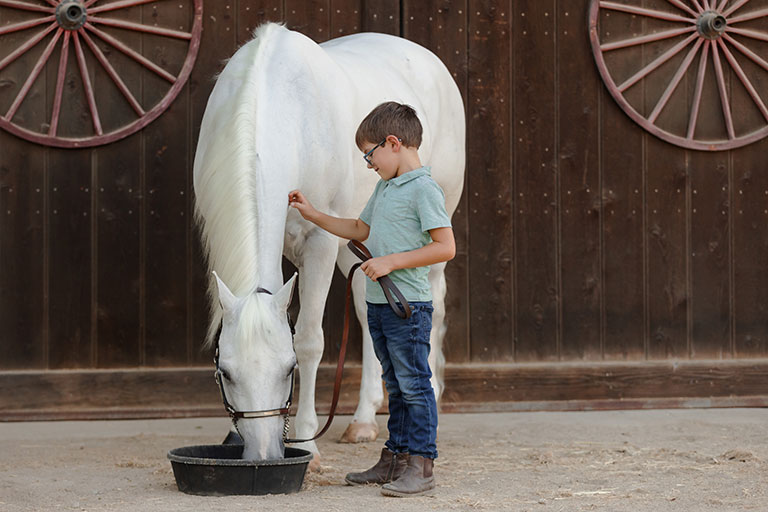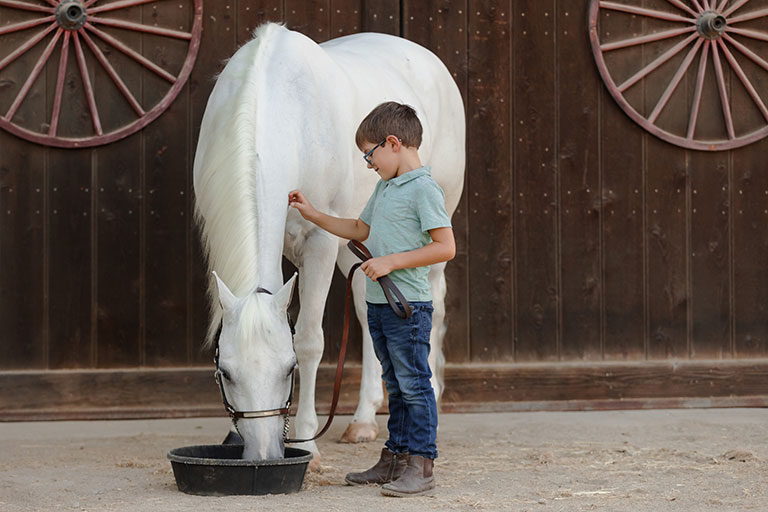For many horse owners, the question of whether senior horses can thrive while living outside is a significant consideration. As horses age, their needs evolve, and ensuring their comfort and health becomes a priority. In this article, we explore the factors that contribute to the well-being of senior horses living outdoors.

Understanding the Needs of Senior Horses
Senior horses, much like humans, experience a decline in physical capabilities as they age. This can include changes in metabolism, reduced muscle mass, and dental issues. These changes necessitate a more tailored approach to their care, particularly when they live outside.
Weather Considerations
One of the primary concerns for senior horses living outside is the weather. Extreme temperatures, whether hot or cold, can be challenging for older horses to handle. Providing adequate shelter and protection from the elements is crucial.
Nutrition and Hydration
Proper nutrition is vital for maintaining the health of senior horses. Their dietary needs may change, requiring more easily digestible feeds and supplements. Ensuring consistent access to clean water is also essential, especially during hot weather. Hydration tips can provide valuable insights.
Benefits of Outdoor Living for Senior Horses
Living outside offers several benefits for senior horses. The natural environment can promote physical activity, which helps maintain muscle tone and joint health. Additionally, being outdoors can have positive effects on their mental well-being, reducing stress and anxiety.
Social Interaction
Horses are social animals, and outdoor living allows them to interact with other horses. This social interaction is crucial for their mental health, providing companionship and reducing loneliness.
Access to Natural Forage
When living outside, horses have access to natural forage, which can be beneficial for their digestive health. Grazing on grass provides essential nutrients and encourages natural eating behaviors.
Challenges of Outdoor Living for Senior Horses
While there are benefits to living outside, there are also challenges that need to be addressed to ensure the well-being of senior horses.
Health Monitoring
Regular health checks are essential for senior horses living outdoors. Monitoring their weight, dental health, and mobility can help detect any issues early. Grooming schedules can also aid in maintaining their health.
Environmental Hazards
Outdoor environments can present hazards such as uneven terrain or toxic plants. Ensuring the pasture is safe and free from potential dangers is crucial for the safety of your senior horse.
Providing Suitable Shelter
When considering outdoor living for senior horses, providing suitable shelter is a necessity. This could be in the form of a run-in shed or a barn where they can retreat during adverse weather conditions.
Insulation and Ventilation
Ensuring that the shelter is well-insulated against cold and has proper ventilation for hot weather is key. This balance helps in maintaining a comfortable environment throughout the year.
Bedding and Comfort
Providing soft bedding can help alleviate joint pain and offer a comfortable resting area for senior horses. This is especially important if they have arthritis or other age-related conditions.
Expert Advice and Resources
Consulting with equine veterinarians and specialists can provide valuable insights into the best practices for caring for senior horses living outside. Additional resources such as the British Horse Society offer comprehensive guidelines on horse care.
Conclusion
In conclusion, while senior horses can live outside, it requires careful planning and consideration of their unique needs. By providing adequate shelter, nutrition, and social interaction, senior horses can enjoy a fulfilling life outdoors. For more insights, consider exploring ways to understand their lifespan and cope with their loss.

FAQs
Q: What should I feed my senior horse living outside?
A: Senior horses may require specialized feeds that are easier to digest and high in fiber. Consult with a veterinarian for a tailored diet plan.
Q: How often should I check on my senior horse outdoors?
A: Regular checks, ideally daily, are essential to ensure their health and safety.
Q: Can senior horses handle cold weather?
A: Yes, with proper shelter and care, senior horses can manage cold weather. Ensure they have access to a warm, dry shelter.
This article contains affiliate links. We may earn a commission at no extra cost to you.
